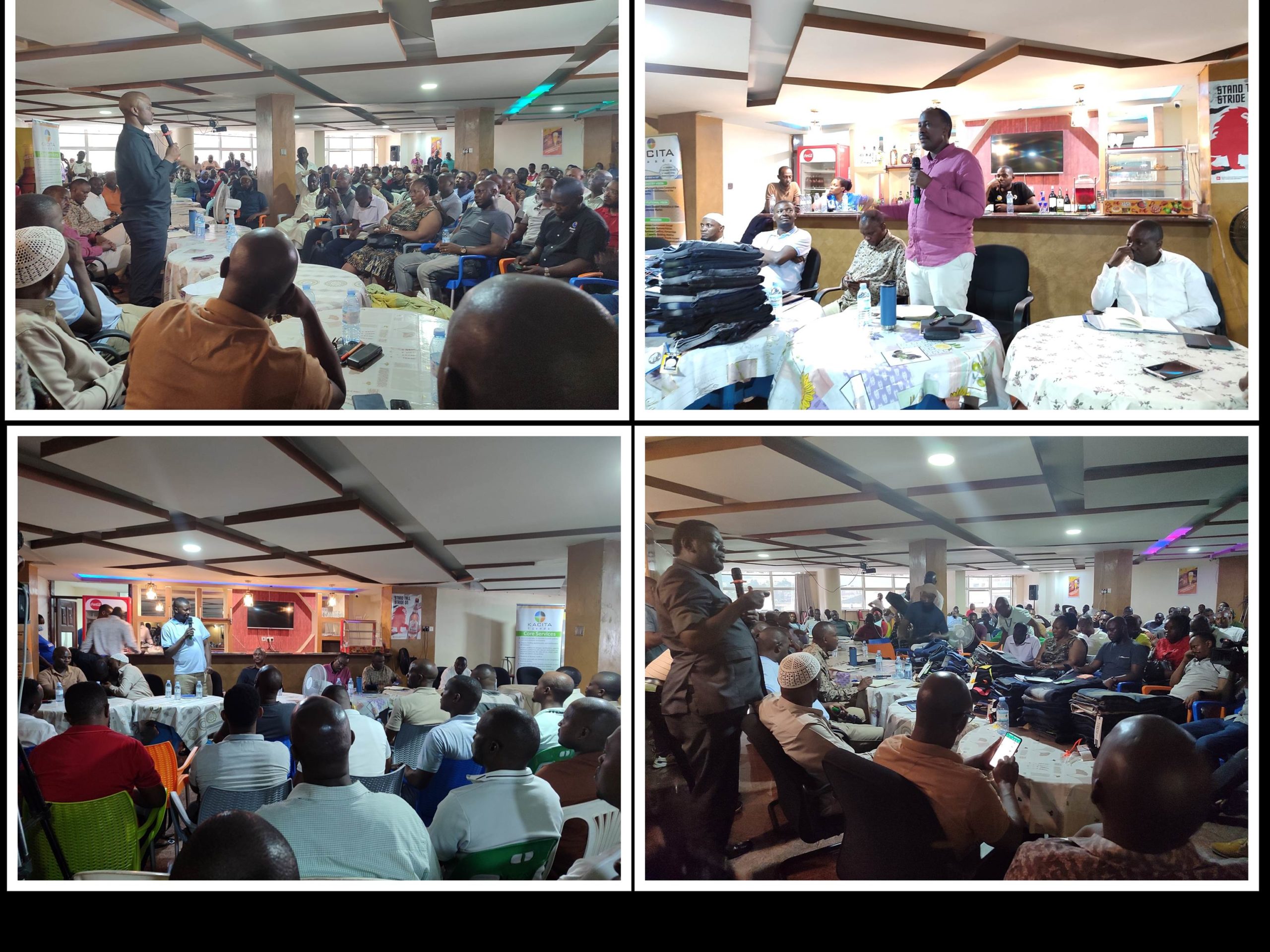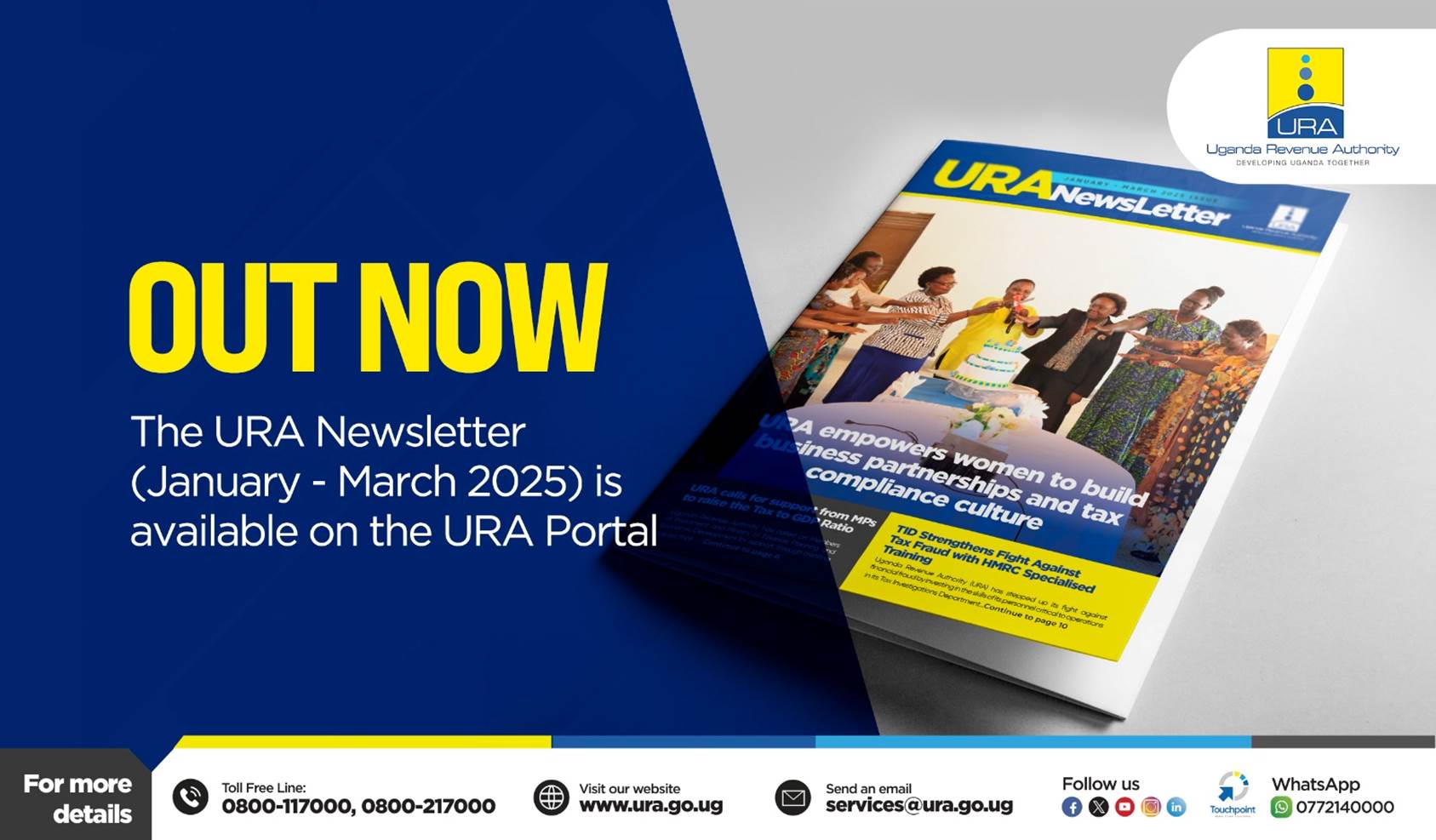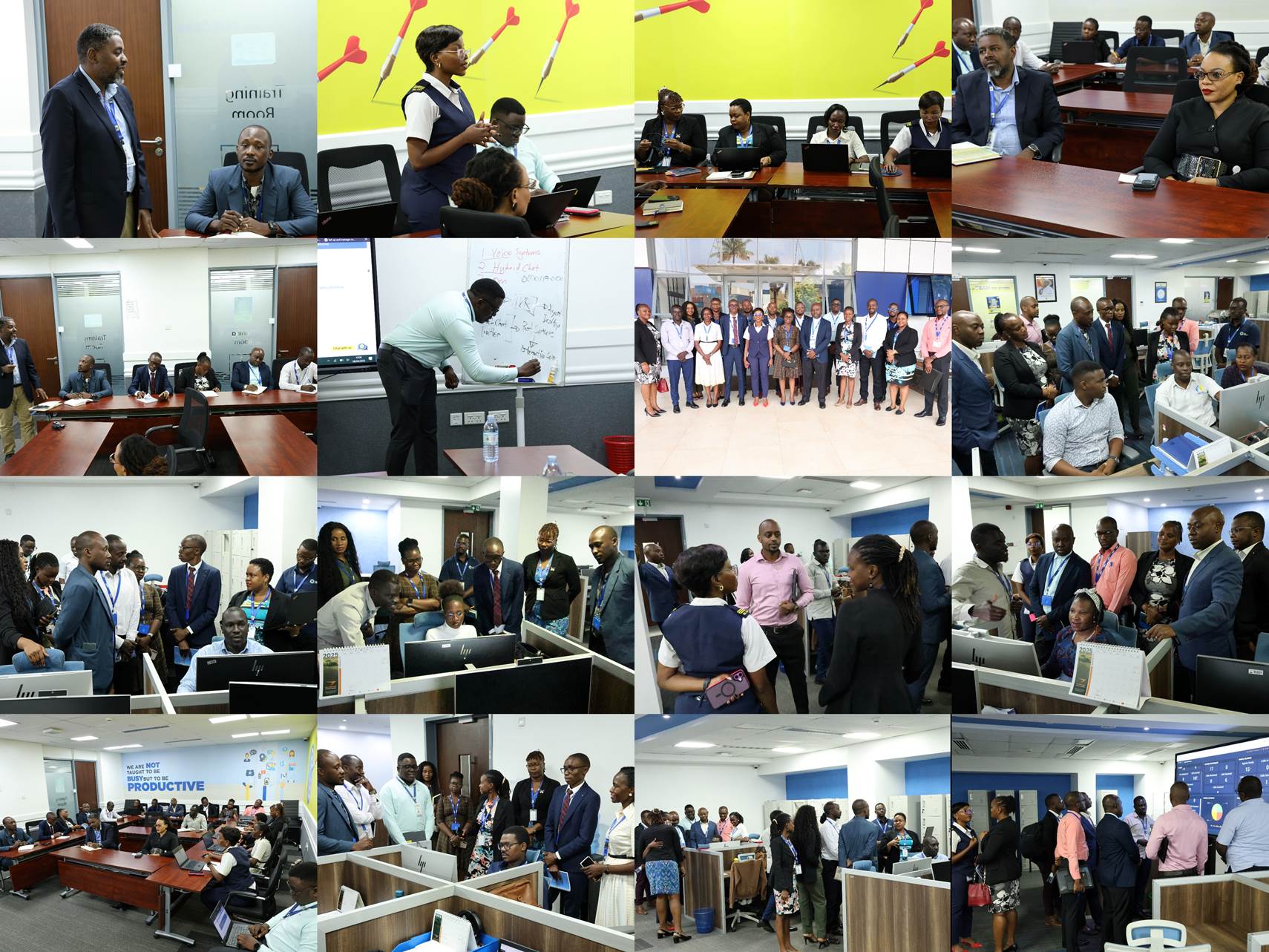By Joshua Niyonshima
The Commissioner General of the Uganda Revenue Authority, John Rujoki Musinguzi and the PSST Ramathan Ggoobi recently met traders under their umbrella body, the Kampala City Traders Association (KACITA) to harmonize the valuation of the importation of used clothes.
The meeting held at the KACITA headquarters concluded that the use of a specific rate per kilogram on used clothes will be revised, the invoice value will be used for customs within this period, the issue of Chinese engaging in wholesale, retail and hawking businesses will be investigated and under-declarations will be stopped.
Addressing the traders, Ggoobi said, that the valuation of specific goods per kilogram is a burden to you, and it is going to be eliminated, and the beneficial ownership law must be invoked. The Chinese should not start using Ugandans to import used clothes. And those Ugandans being used will also be punished by the law.”
He warned traders against any form of under-declaring their goods with the intent of dodging tax.
“What we are here to deal with is unfairness. If they have URA make the right valuation, then pay the tax because first make money and give us when you make profits. I don’t want to lie to you that we are going to tell URA to allow smuggling; I shall not order Abel to allow traders to underestimate values,” Ggoobi emphasized.
For the effectiveness of the new measures, Musinguzi urged traders to be truthful by using the right invoices during declarations.
“We shall not have the right grounds to propose amendments that favor businesses when we are still understating even the existent values. Let us be truthful as we wait for the outcomes of the research that will allow us to propose law amendments,” he asked.
He decried rampant smuggling that is robbing the country of revenue. “This is a result of unharmonized tax regimes within the East African nations increasing the appetites of smugglers,” Musinguzi said.
KACITA Spokesperson Haji Issa Sekito acknowledged the government’s efforts in ensuring that traders work in a fair environment.
“The President sending a team of these technocrats on a public holiday instead of them going to attend to their needs shows the value the government has put on the trader’s voice. Let us appreciate the government for listening to us. We agree to be using the old valuation methods at 35%, though it’s still high, as we wait for the right system,” Sekito said.
He tasked URA to benchmark its neighboring countries’ systems of taxation and how they are exploiting the existing trade agreements and blocs like the Common Market for Eastern and Southern Africa (COMESA) and the East African Community to boost trade.
Other issues tackled were EFRIS usage and the elimination of cargo team leaders who have continued to rob unsuspecting traders.
“URA realized that most cargo team leaders try to profit by under-declaring. When we catch them, they end up abandoning the cargo without notifying the owners. We, therefore, eliminated them last year after an outcry by many traders, and if you are still using them, check yourselves,” said Musinguzi.
He advised traders to utilize licensed cargo consolidators and tax clearing agents to avoid being robbed.
The meeting that attracted business leaders from Mbarara, Gulu, Mityana, and Masaka towns was also attended by the Commissioner of Customs Department, Abel Kagumire, and the Ag. Director of Economic Affairs, Kaggwa Moses. This paves the way for the traders to meet with the President of the Republic of Uganda, Yoweri Kaguta Museveni, to better understand their issues.










